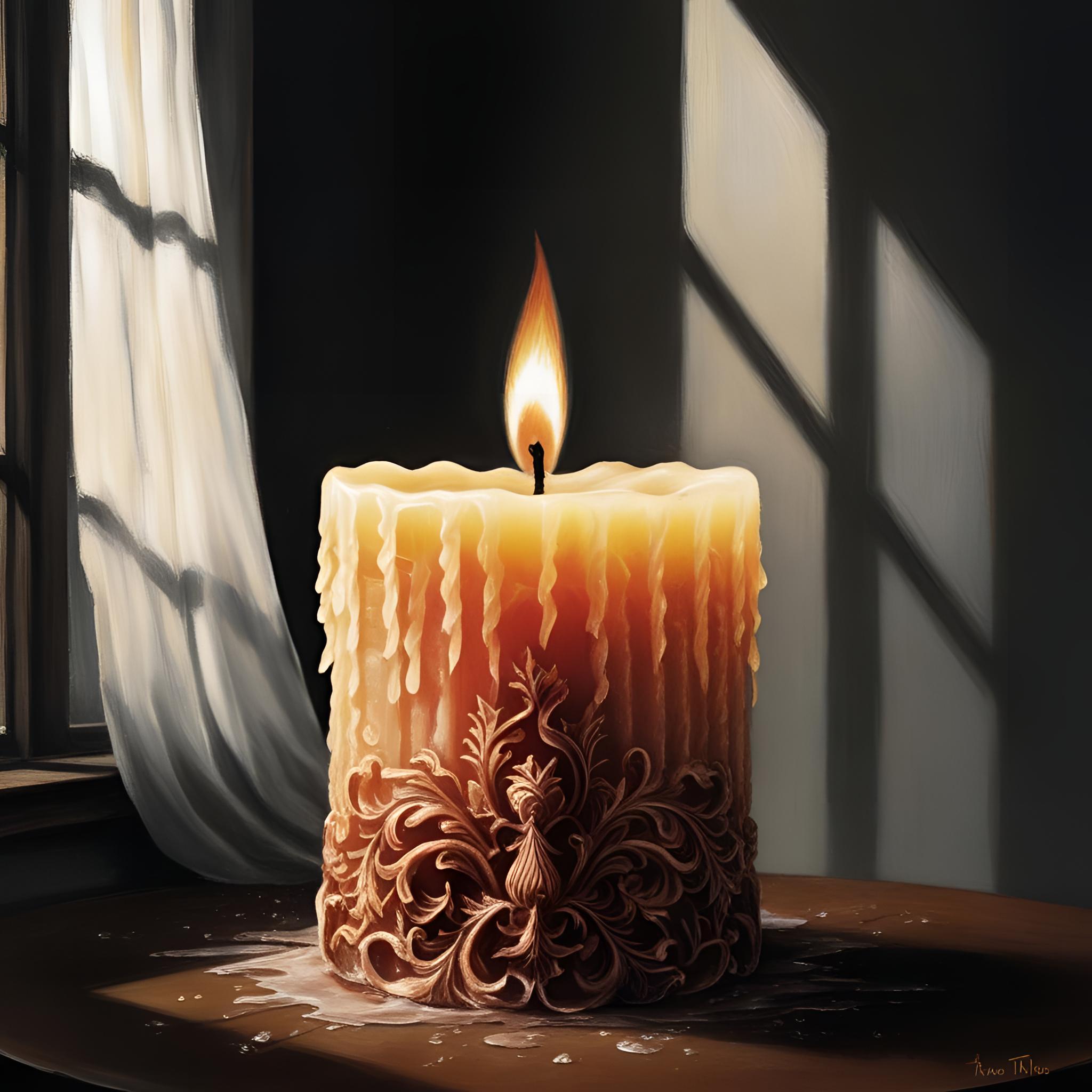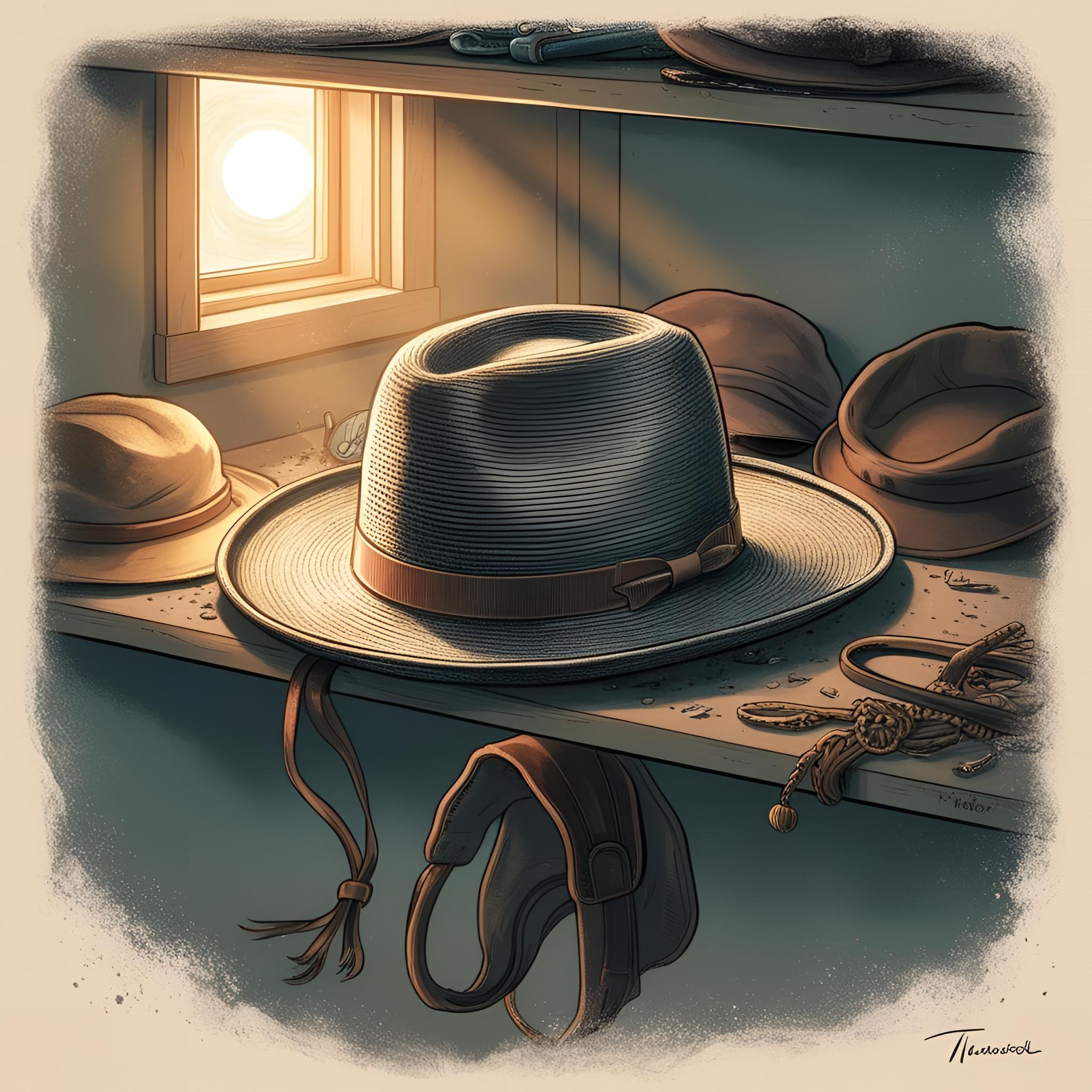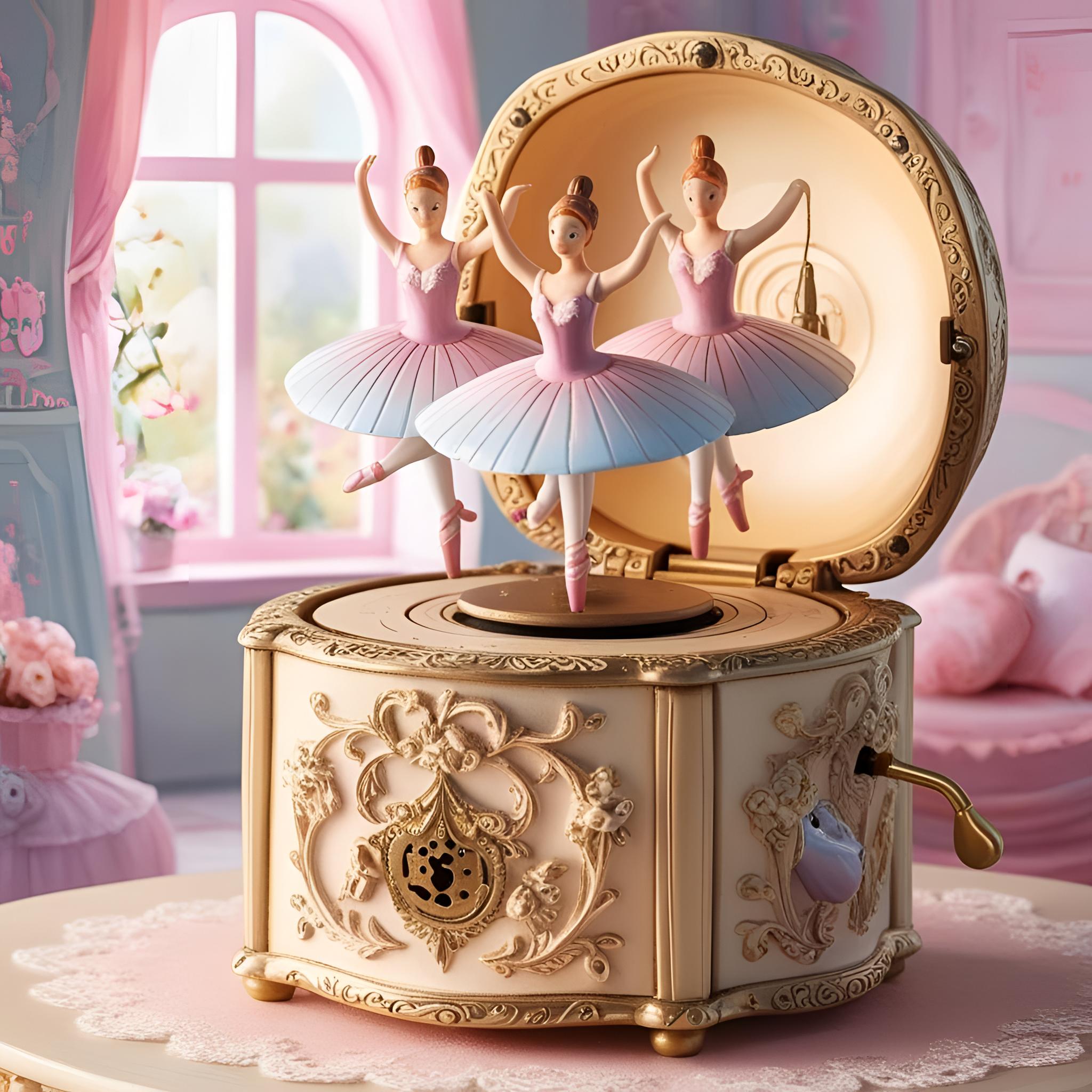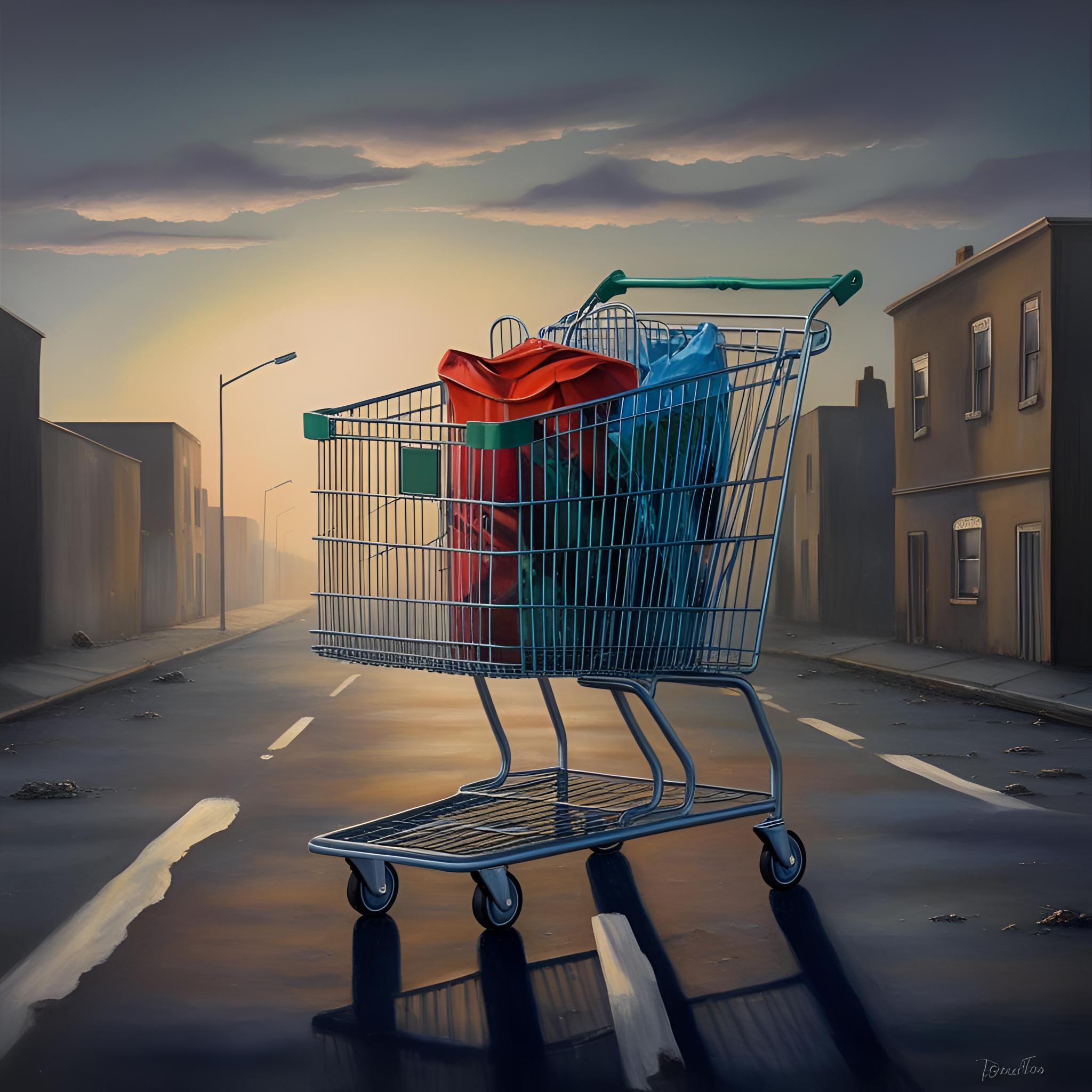Somewhere between the flicker of a TikTok trend and the clink of another book hitting the Amazon Top 10, a chilling thought arises: Is good writing still relevant?
The Age of Marketability
We are now firmly entrenched in a literary landscape where marketability eclipses mastery. A catchy premise, a polished Instagram presence, and a sprinkle of controversy can launch a book into stardom. No need to polish every sentence when you can polish a social media reel instead.
Great writing? That’s a nice-to-have, not a must.
The author becomes a product, the book a vehicle, and the publisher a hype machine. Quality? It’s buried under SEO keywords and pre-order bundles.
But here’s the bitterest pill: this isn’t new.
History Repeats in Paperback
Charles Dickens, the great Victorian novelist, wrote many of his works as serialised fiction for magazines. He was paid by the word. His genius? Undeniable. But he also understood how to keep readers hooked with cliffhangers and melodrama. He blended commercial instincts with storytelling brilliance, not above milking the system when necessary.
F. Scott Fitzgerald died in 1940, thinking he was a failure. The Great Gatsby, now hailed as one of the greatest novels ever written, barely sold in his lifetime. America wasn’t ready for it. And the publishing world didn’t care.
William Shakespeare, godfather of English drama, was not writing for museums or English professors. He was an entrepreneur, writing for the masses, catering to both nobles and beer-soaked groundlings. Sex, violence, and supernatural twists? All crowd-pleasers. The genius came wrapped in commercial savvy.
What’s changed isn’t the tension between art and commerce, that’s eternal. What’s changed is the scale.
Content Over Craft
In the digital age, publishing is caught in a speed trap. Algorithms reward quantity, not quality. Sensationalism sells faster than subtlety. A mediocre novel with the right influencer push will outsell a literary masterpiece that dares to take its time.
It’s not that readers don’t want good writing; they do. It’s that they often can’t find it through the noise.
The Enduring Compass
So where does this leave the writer who labours over every line, who rewrites for rhythm and weight, who refuses to dumb down their vision?
It leaves them doing something rare. Something necessary.
Because some books are fireworks.
Others are lighthouses.
Fireworks dazzle for a moment. Lighthouses endure, guiding others long after the noise has faded.
There will always be a market for hype. But there will also always be readers who crave depth, readers who will find you because you’re different, not in spite of it.
So write your lighthouses.
Let the glitter explode around you.
Your readers will come, not because you shouted the loudest, but because your words stayed.
Subscribe
The Inner Orbit
We value your trust!
Your address is safe in the vault.
We’ll only use it to send you letters worth opening; no spells, no spam, no secret salesmen.





















